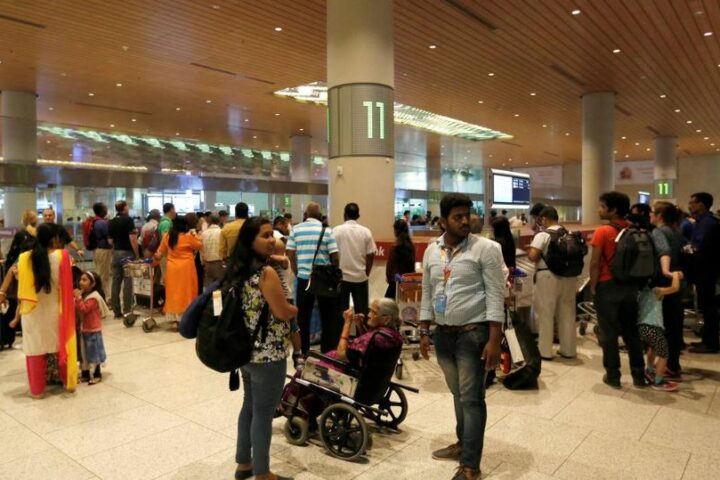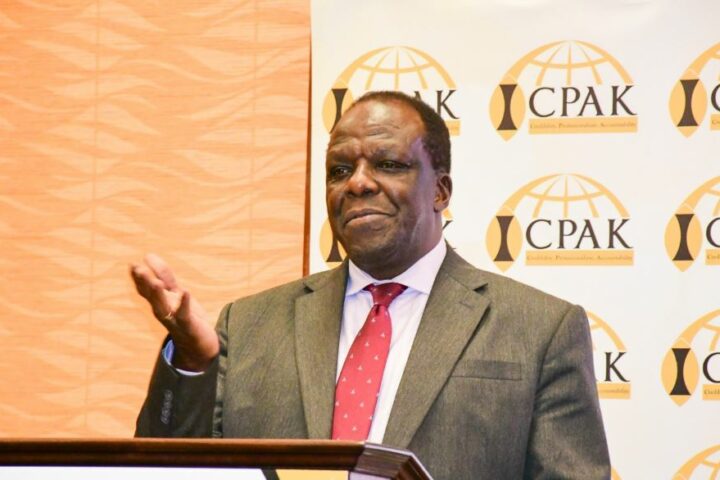 Supreme Court Judge Smokin Wanjala recently introduced a new publication by the International Commission of Jurists (ICJ) that could reshape how Kenyan courts view abortion.
Supreme Court Judge Smokin Wanjala recently introduced a new publication by the International Commission of Jurists (ICJ) that could reshape how Kenyan courts view abortion.
The Right to Health Bench Book: Select Decisions, Issues, and Themes, released by ICJ’s Kenyan chapter, advocates a shift in the judicial perspective on abortion, framing it as a health right rather than a criminal offense.
In Kenya, abortion is currently criminalized. Article 26(4) of the Kenyan Constitution specifies, “Abortion is not permitted unless, in the opinion of a trained health professional, there is a need for emergency treatment, or the life or health of the mother is in danger or if permitted by any other written law.”
This clause, however, opens an avenue for broader legal interpretations of abortion, which sexual and reproductive rights activists argue could help expand access. Activists believe that Supreme Court guidance or new legislative action could further clarify abortion’s legality under health provisions.
According to the ICJ’s new book, the Kenyan Constitution appears to permit “medicalized abortion”—abortions conducted when the pregnancy poses risks to the mother’s physical or mental health.
Mental health is highlighted as equally critical to physical health, which is supported by the Centre for Reproductive Rights’ Mental Health Indicators for Legal Abortion, developed to guide judges when interpreting the ICJ resource.
The book critiques Kenya’s legal stance on abortion, noting that the system “seems overly focused on treating abortion as a criminal matter instead of as a sexual and reproductive health issue.”
It cautions that prosecuting or harassing healthcare professionals who provide safe abortion services, particularly in tragic outcomes from unsafe procedures, further endangers lives. The book points out that even though not all cases it examines relate directly to health rights, they reflect the overall judicial approach toward abortion.
Marie Stopes International highlights the need for reform with alarming statistics: 49% of pregnancies in Kenya are unintended, and 41% of these end in abortion. Unsafe abortions lead to approximately 2,600 maternal deaths annually, averaging seven deaths per day.
“The bench book couldn’t have arrived at a better time,” Mwikali Nyaboke, a women’s rights activist and lawyer told the Star.
“Judges now have a valuable resource, filled with case laws on the subject, which they can draw from if they choose to use it.”








